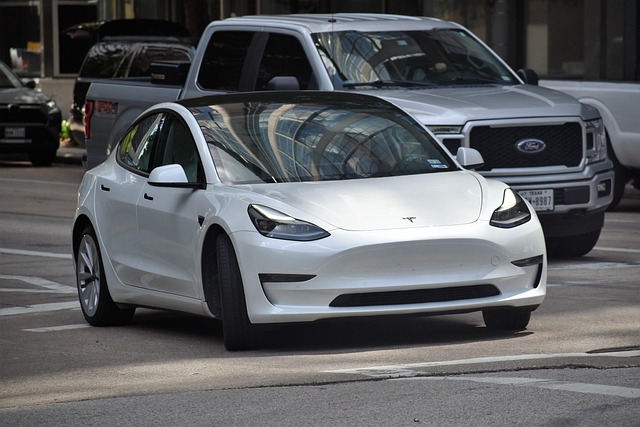In today’s rapidly evolving world, the imperative for sustainable development has never been more pressing. As our planet grapples with the effects of climate change, it is becoming increasingly clear that energy consumption reduction is essential not only for preserving our natural environment but also for ensuring a sustainable future for generations to come. The integration of green technologies plays a pivotal role in achieving these goals, allowing individuals and businesses alike to lower their ecological footprints while driving society toward a carbon-neutral future.
The concept of sustainable development emphasizes meeting the needs of the present without compromising the ability of future generations to meet their own needs. This ethos is at the heart of many green technologies currently emerging in the market. From solar panels and wind turbines that harness renewable energy sources to energy-efficient appliances and smart home systems that optimize consumption, the available tools are more varied than ever before. By adopting these innovations, we can significantly reduce energy consumption, mitigate waste, and lower greenhouse gas emissions.
Every action taken can contribute to a cascade of positive impacts. For example, replacing incandescent bulbs with energy-efficient LED lights is a simple yet powerful way to reduce energy usage in homes and businesses. Furthermore, innovations such as smart thermostats and advanced building materials improve heat retention and cooling efficiency, translating to lower energy bills and a reduced ecological footprint.
Transitioning to renewable energy sources is another critical aspect of energy consumption reduction. Solar and wind energy not only provide cleaner alternatives to fossil fuels but also help in creating a decentralized energy grid, empowering communities to take ownership of their power sources. This shift contributes to carbon neutrality, a vital goal in the fight against climate change. Communities that invest in renewable energy systems become less reliant on finite resources and can set a lasting example of sustainability.
Moreover, the adoption of electric vehicles (EVs) is revolutionizing the transportation sector. With advancements in battery technology and the expansion of charging infrastructure, EVs are becoming increasingly accessible. This transition not only reduces fossil fuel dependency but also offers a path toward lower energy consumption overall, showcasing how innovation can lead to substantial ecological benefits.
At the core of these advancements is a collective understanding that energy consumption reduction is not merely a choice but a necessity. As more individuals, businesses, and governments recognize their responsibilities toward a sustainable future, the adoption of green technologies becomes a unifying force. By prioritizing energy-efficient practices and embracing renewable energy, we can work together towards a healthier planet and a more sustainable way of life.
As the momentum for sustainability grows, it becomes essential for everyone to consider how their choices and habits affect the environment. By fostering a culture that values energy consumption reduction and supporting the development of green technologies, we can pave the way for an eco-conscious global community committed to ecological preservation and a sustainable future.




